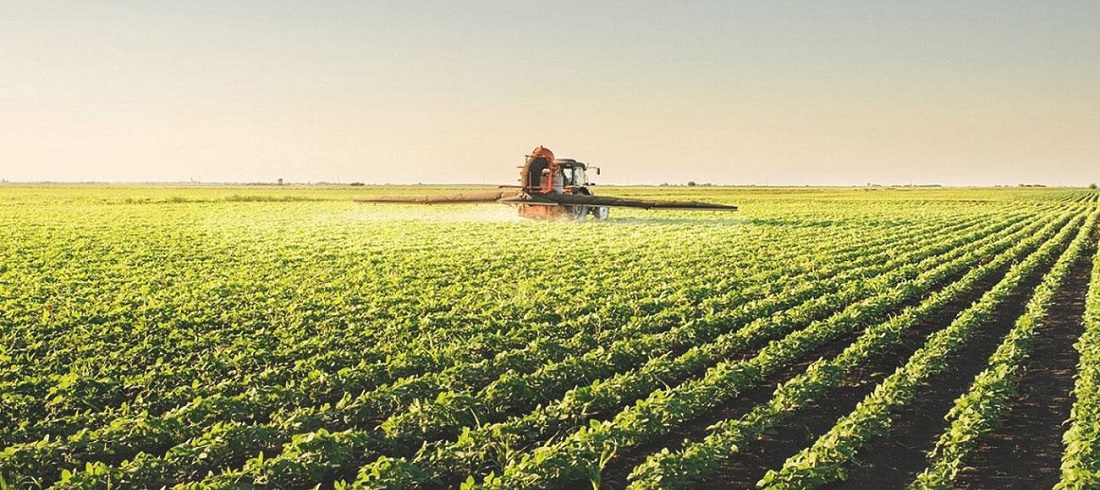
MAPA reinforces recommendations on seed imports as many packages arrive from Asia
Oct, 05, 2020 Posted by Ruth HollardWeek 202040
In recent weeks, Brazilians from several states have been receiving packages of unsolicited seeds, originating in Asian countries. The recommendation by the Ministry of Agriculture and Food Supplies (MAPA) is that people do not open the packages and contact the Federal Superintendence of Agriculture in their state or the state agency for agricultural defense in order to arrange for the delivery or collection of the material.
The import of plant propagation material, including seeds and seedlings, is controlled by MAPA and must meet the requirements of plant health, quality, and identity. The rules established by MAPA apply to any type of purchase and acquisition, including online purchases with delivery via the post office.
The import of plant propagating material is authorized only from origins for which Brazil has already established phytosanitary requirements that must be met. The list of plant propagation materials and origins authorized for import, as well as the requirements to be met, can be consulted on the MAPA website.
Only propagating material for species or cultivars registered at the National Register of Cultivars (RNC) may be imported. The list of species and cultivars registered in Brazil is also available.
Individuals or legal entities that intend to import propagating material must be registered on the National Registry of Seeds and Seedlings (RENASEM). Exempt from this registration are individuals and legal entities that intend to import for their own use on their property or on a property that they own, but must, however, meet the same import requirements that concern the origin and authorized species, as well as requirements to be fulfilled.
Import operation
If the above-mentioned requirements are met, those interested in importing propagating material must request prior import authorization (before purchasing abroad) at the technical service of the Federal Superintendence of Agriculture (SFA) for their state.
To request authorization for import, the interested party must present the information provided for in MAPA Normative Instruction No. 25, of June 27, 2017.
If the import is authorized by MAPA, the interested party must demand that the exporter comply with the rules established by Brazil, which means that the product must be accompanied by a Phytosanitary Certification issued by the phytosanitary authorities of the exporting country, in addition to the analysis bulletins that guarantee product quality.
When the product arrives in Brazil, MAPA will carry out the inspection at the entry points to verify compliance with the phytosanitary and quality requirements. Only products that comply with Brazilian legislation will be allowed to enter Brazil.
Products that do not meet phytosanitary and quality requirements will be returned to their origin, when possible, or destroyed by MAPA.
Learn more about the legislation applied to the import and commercialization of propagating material, accessing the MAPA website.
Consequences
The acquisition of seeds or seedlings that do not meet the rules established by MAPA may result in the introduction of pests that are not yet present in the country, and may therefore cause irreversible damage to national agriculture.
The introduction of an agricultural pest and its spread throughout the country, in addition to being classified as an environmental crime under the terms of Art. 61, of Law No. 9605, of February 12, 1998, may cause declines in production, compromise the availability of food, increase food prices for the population, and even cause the elimination of jobs throughout the entire production chain.
To illustrate the impact that the introduction of a new pest in the country can cause, we can mention the introduction of the “witches’ broom” plague in cocoa crops in southern Bahia in 1989, which decimated the entire productive sector and the region’s economy. As a result of this plague, Brazil went from being exporter to importer of cocoa.
-
Trade Regulations
Dec, 26, 2022
0
Brazil votes to extend import tax reduction on medicines and food items
-
Ports and Terminals
Dec, 09, 2020
0
Brazilian coffee exports up 32.2% YoY setting record for November
-
Ports and Terminals
Mar, 24, 2025
0
Portonave Poised for Growth with Major Investment in 2026
-
Shipping
Mar, 31, 2020
0
CMA CGM forced to divert reefer containers away from ports of Manila e Subic due to lack of plugs

